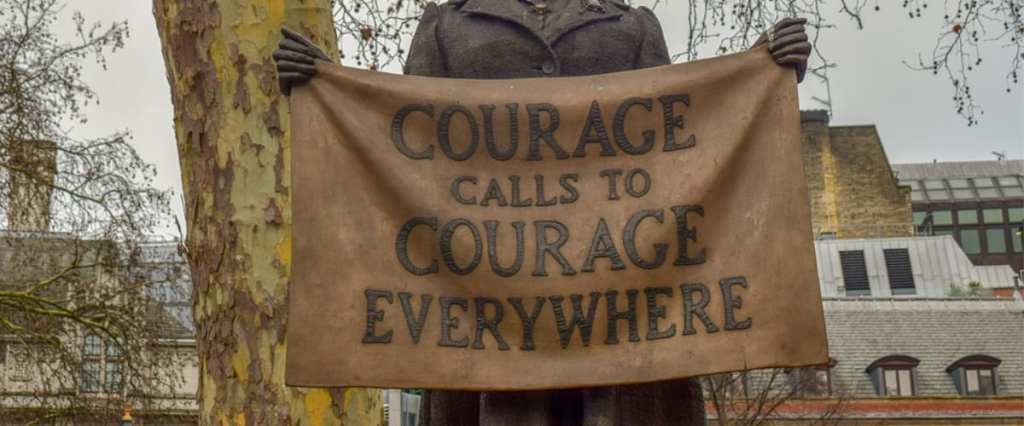Trending Now
And by scandalous, I obviously mean that they were ahead of their time, knew what they wanted, and were unwilling to take any amount of sh*t from the men telling them how they ought to be acting.
Harumph.
These 8 ladies were unapologetically themselves, and that’s about the best thing anyone can be.
#8. Sidonie-Gabrielle Colette
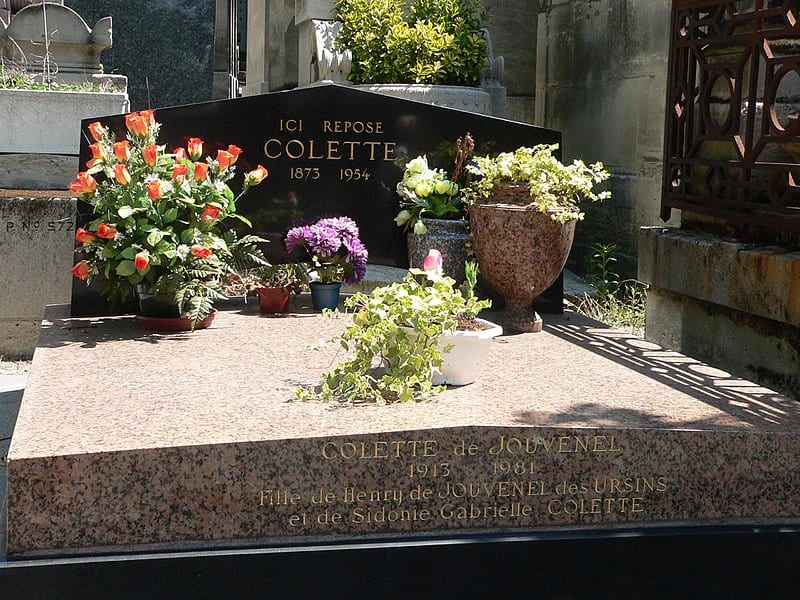
Image Credit:CeCILL
The subject of the recent Kiera Knightly movie, 20th century novelist Sidonie-Gabrielle Colette – or just Colette – wrote themes into her novels that were considered taboo for women to discuss at the time.
Her first husband, Henri Gauthier Villars locked her into her rooms so that she could write – and so he could put his name on her novels and keep the money and fame for himself.
She was married three times, and her final husband was a huge supporter of her writings…let her publish books with her name on them and everything.
#7. Julie d’Aubigny

Image Credit: Public Domain
Julie d’Aubigny was a bi-sexual fencer and opera singer who lived during the late 1600s and early 1700s. She also frequently dressed as a boy and – surprise – was not terribly adored by her parents. They put her female lover in a convent to try to discourage their relationship, but the two set the place on fire (literally) and managed to escape together.
That relationship ended, and Julie formed another with a man she once stabbed during a duel.
I wish we could have been friends.
#6. Tallulah Bankhead
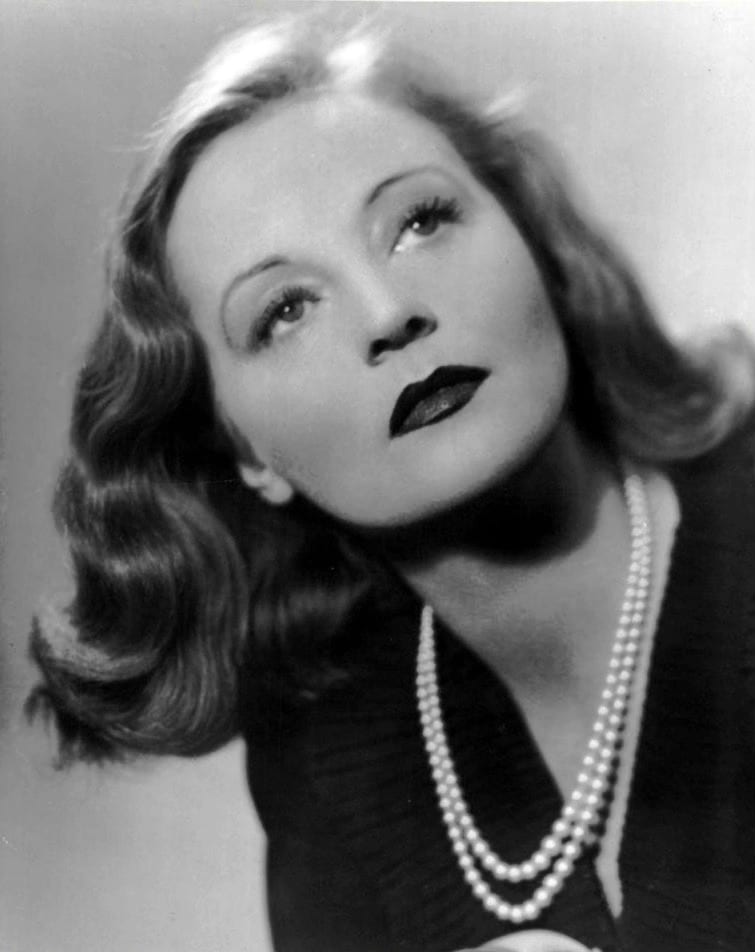
Image Credit: Public Domain
This 20th century actress had no shame (rightfully so) when it came to her sexuality (she was bi-sexual) – she wore what she wanted, said what she wanted, and slept with who she wanted.
In an interview, she once said “I haven’t had an affaire for six months. Six months! Too long…I want a man.”
#5. Margaret Campbell, Duchess of Argyll
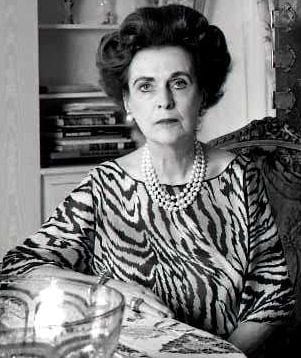
Image Credit: Public Domain
Wealthy heiress Margaret Campbell married English Duke Ian Campbell in 1951…and by 1954 she’d had enough, and in 1959, the two filed for divorce.
Things got ugly when Margaret’s diary and some scandalous photos of her in compromising sexual positions came to light – the judge in the case said she was “a highly sexed woman who has ceased to be satisfied with normal sexual activities and has started to indulge in disgusting sexual activities to gratify a debased sexual appetite.”
To which I say, you go girl.
#4. Mae West
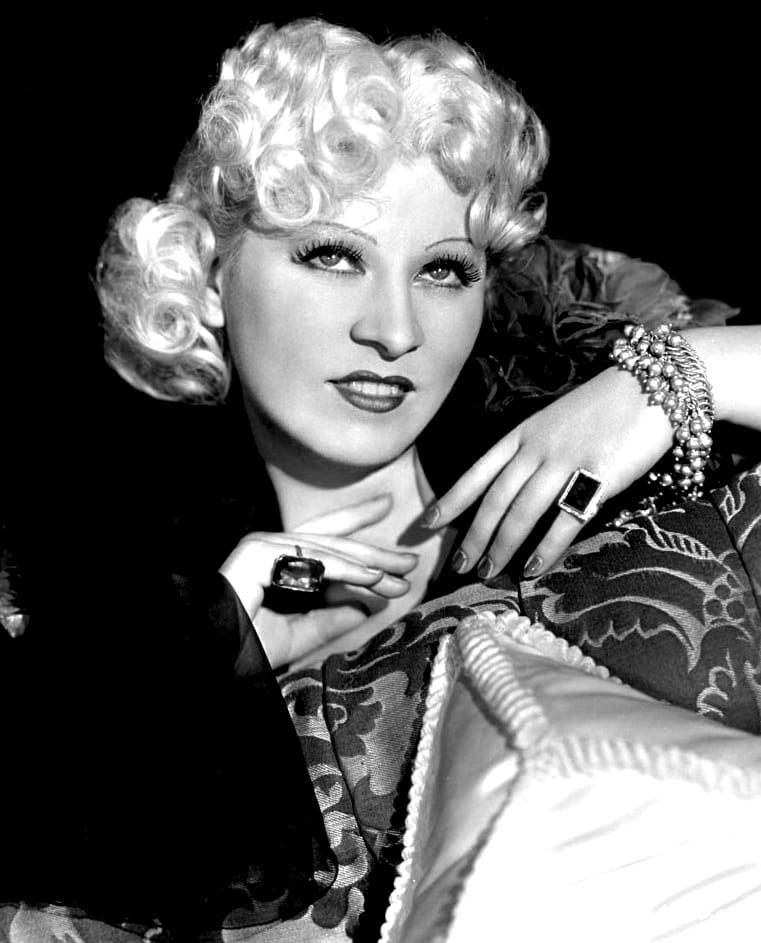
Image Credit: Public Domain
Mae West was a writer, actor, and director who shocked and appalled early 20th century audiences with her racy, explicit behavior. She was arrested on charges of moral indecency after police raided a showing of her Broadway play Sex in 1926, and more than a few of her films were censored under the Hays Code.
She left behind the knowledge that a woman could be both sexy and successful – a worthy legacy indeed.
#3. Mary Wollstonecraft
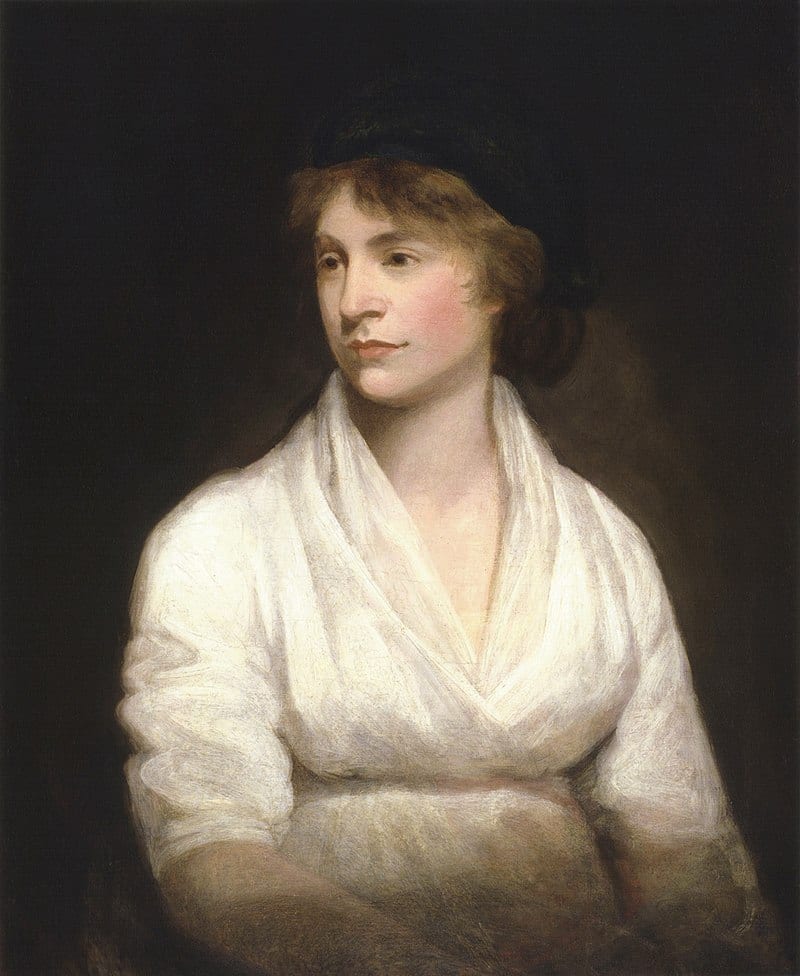
Image Credit: Public Domain
Mary Wollstonecraft was active in the 1700s women’s rights movement as a writer, philosopher, and advocate. She argued for a better education for women in A Vindication of the Rights of Woman, stating that women could be not only capable wives and mothers but also capable workers, if only women were given the same opportunities as men.
In her day, opponents used the fact that she struggled with mental health issues and had children out of wedlock to discredit her ideas, but she’s remembered as a key figure in the women’s movement.
#2. Hypatia
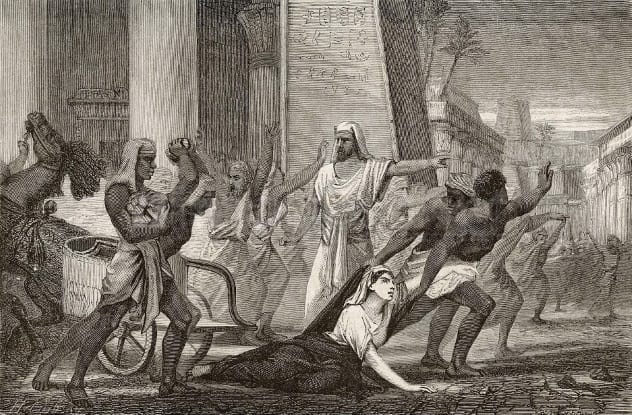
Image Credit: Public Domain
This ancient Greek woman was a mathematician, astronomer, and philosopher, though most of her written work did not survive due to the extreme misogyny of her day.
She was raised and educated by her forward-thinking father, and she worked as a teacher and scholar, roles dominated by men. Unfortunately, the rise of Christianity spelled doom for her and all women with non-traditional aspirations. In 415 CE Hypatia was beaten to death by a Christian mob.
#1. Sophie Germain

Image Credit: Public Domain
The Frenchwoman lived at the end of the 18th century and was passionate about one thing – mathematics. She spent her life studying classics like Archimedes, even learning Greek and Latin in order to better understand the primary texts.
Her parents didn’t consider mathematics an appropriate pursuit for a young woman, but Sophie didn’t care, adopting a gender-neutral pen name in order to obtain lecture notes and correspond with her (male) peers.
Sophie’s work on Fermat’s Last Theorem has been widely regarded as her greatest contribution to mathematics, though one could argue that her example to young women everywhere runs a close second.
You can add these to the list of women you thank the next time you put on pants, file for divorce, or go to the polls. They deserve it!

